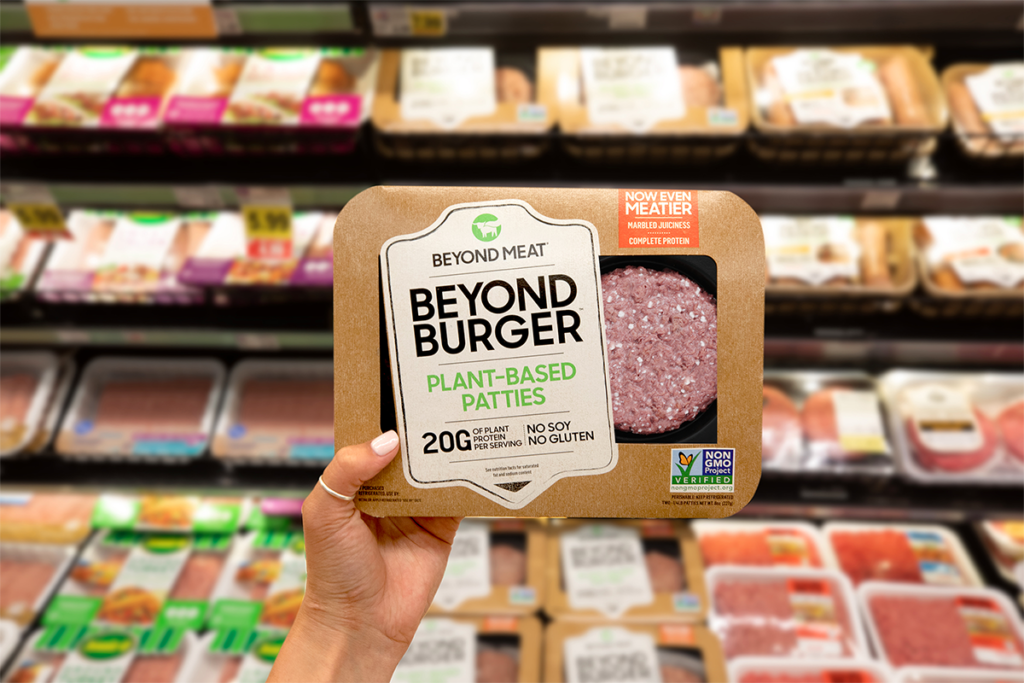Consumers are swapping out meat and dairy for plant-based alternatives. But beyond ethics and sustainability, is plant-based actually better for our diets?
Meatless mania. As demand booms, countless startups are competing to make plants palatable.
- Vegan-related searches on Google spiked 47% to an all-time high last year.
- Retail sales for plant-based foods are projected to increase fivefold by 2030 to $132B.
- Driving interest in healthy eating, COVID-19 continues to transform our shopping behaviors.
Across the US, an increasing number of health-conscious consumers are going vegan/vegetarian while less-gung-ho flexitarians may honor the occasional meatless Monday.
When surveyed, over 40% of these consumers have a “health halo” mindset towards plant-based products, believing that they’re healthier. The thing is, that’s not always the case.
Oatly, the new Coke? In 1970, Coca-Cola touted the “health benefits” of sugar, funding misleading research and deceptive ads to build its sugary empire. Drawing parallels, some are souring to Oatly’s marketing, which tends to downplay the alt-milk’s vegetable oil and sugar content while “hand-waving away evidence that they’re harming you.”
Examining the company’s messaging, writer Nat Eliason calls out a common misconception: “They make zero claims about it being healthy, but you definitely feel like they said it was healthy for you.”
Processed plants. On the patty front, meatless meats tend to be ultra-processed, high in saturated fat, and packed with sodium, according to a Harvard study.
While you probably won’t be worse off eating a traditional burger, dietitians raise concerns over consumers who might then overindulge following a presumably “healthy” plant-based meal.
Now, as fast food giants like McDonald’s and Burger King jump on the plant-based train, nutritionists are worried that companies are masquerading artificial, processed products under the guise of a better-for-you offering.
The bottom line: The honeymoon phase might be coming to an end for “plant-based”-branded products as more sophisticated consumers learn to read between the lines of flashy marketing.
And while most plant-based alternatives prevail when viewed through the lens of animal welfare or climate change, expect brands who champion nutritional transparency to win out in the long term.






